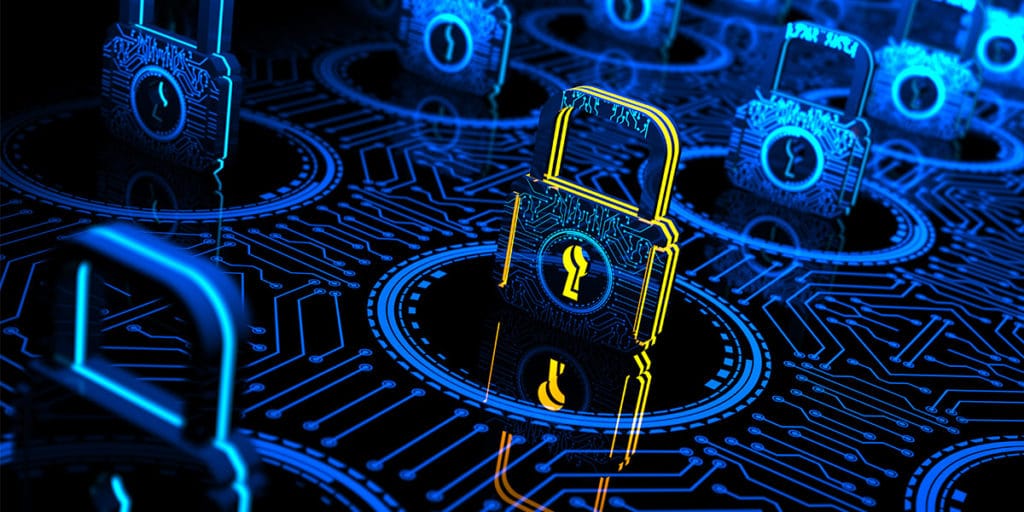Cybersecurity should remain a priority as the pandemic continues and remote working becomes more frequent. Criminals exploit the increased vulnerability of workers from home by targeting them with phishing scams and other cyber attacks.
The impact of a cyber attack goes beyond the costs to your business. Researchers have defined several ways cyberattacks have adverse outcomes, called harms.
The Economic Impact
Cyber attacks are costly to businesses, even more so for small- and medium-sized enterprises (SMEs). Aside from the cost of repairing affected systems, networks, and devices, the financial impact of cyberattacks includes loss of revenue, brand damage, and the costs of dealing with data breaches.
A growing number of business interactions are carried out online. This information may include credit card or bank account details, medical records, personally identifiable information (PII), or confidential company information that could be used for industrial espionage.
One of the most challenging aspects of protecting against cyberattacks is that they are increasingly targeted against SMEs. This can be down to needing more security infrastructure, using unsecured personal computers and mobile devices for remote work, and other reasons.
As a result, there has been a significant increase in the demand for cybersecurity software. By 2025 statistics on cyber security, global costs will be estimated to exceed $1 trillion annually. Fortunately, innovative technologies can help reduce the cost of protection and ensure that companies remain secure. These include automated threat intelligence, cloud security, and other tools that can provide businesses with the best protection against cyberattacks. These technologies can make it easier for companies to protect their information and maintain compliance with government regulations.
The Social Impact
Cybersecurity is a vital component of daily life and business operations. It safeguards companies against phishing schemes, ransomware attacks, data breaches, and financial losses. It’s an ever-evolving field, and cybersecurity experts are needed to help keep pace with new threats.
The impact of cyberattacks can be felt by all of us, from students to the largest credit rating agencies. Consider the recent Target data breach, where hackers gained access to customer information and were able to charge thousands of dollars on each of their victims’ credit cards. This incident shows why cybersecurity is so essential for individuals and businesses.
Whether it’s the government protecting military communications, a large retail company shielding its customers’ financial data, or a healthcare organization safeguarding patient information, virtually all sectors employ cybersecurity professionals to protect their organizations from attacks and breaches. However, a talent shortage has left many organizations vulnerable. In fact, according to a study, the most common reason cybersecurity personnel leave is because they feel their employer doesn’t value them.
People must prioritize cybersecurity and take the necessary measures to ensure online safety.

The Political Impact
Cybersecurity threats are growing in frequency and sophistication as the world becomes more interconnected and reliant on technology. Cybercriminals can exploit global vulnerabilities, with attacks ranging from phishing scams and ransomware to data breaches, identity theft, and denial of service attacks. While companies can work to mitigate risk by implementing robust security protocols, it is impossible to eliminate all risks.
This is why cybersecurity has become a global priority. Getting trade policy right in this area is critical to economic growth and trust in digital commerce. The right approach can enhance cybersecurity and support digital trade. While a divergent or obstructive one risks creating barriers to international business by impeding the free flow of technology and data.
Current affairs are dangerous and require business leaders, governments, and consumers’ vigilance. The threat landscape is rapidly evolving, with new attack methods like DNS tunneling—which exploits the Domain Name System to transfer malware and data through unmonitored networks—and supply chain hacks that rely on third-party services and software to compromise a final target.
Getting cybersecurity policy wrong can have far-reaching consequences, such as inhibiting the benefits of digital trade and undermining consumer and business confidence in Internet services and technologies. To ensure that the right balance is struck, it is essential to reassess cybersecurity policies regularly and avoid the dangers of box-checking and regulatory rigidity.
The Reputational Impact
The reputational impact of cyber attacks is a significant concern for companies. A data breach can damage the company’s reputation, and customers may be less willing to do business with a company that has experienced a cyber attack. This can significantly affect companies that rely on customer trusts, such as banks and financial institutions.
When companies are hit with a cyber attack, it can take months to repair their reputation and regain consumer trust. This can be highly damaging to the company’s bottom line, especially if they are a smaller company that depends on customer loyalty to survive.
Many businesses need more resources to fight against cyberattacks, which can cost them their entire business. A report states that more than 55 percent of small businesses still need a cybersecurity plan to protect their information and customers. This severe problem must be addressed to protect businesses and consumers from costly cyberattacks.
Investing in cybersecurity is more important than ever as the world increasingly relies on technology. This will help to protect businesses from phishing scams, ransomware attacks, data breaches, and other malicious activities. This will also help ensure critical infrastructure safety, such as transportation and power systems.













This article brilliantly highlights the growing impact of cyberattacks on businesses, emphasizing how vulnerabilities can disrupt operations and erode trust. The inclusion of cybersecurity statistics underscores the urgent need for businesses and society to adopt robust measures to combat these threats. Such insights are invaluable for understanding the broader implications of cybercrime. Great read!